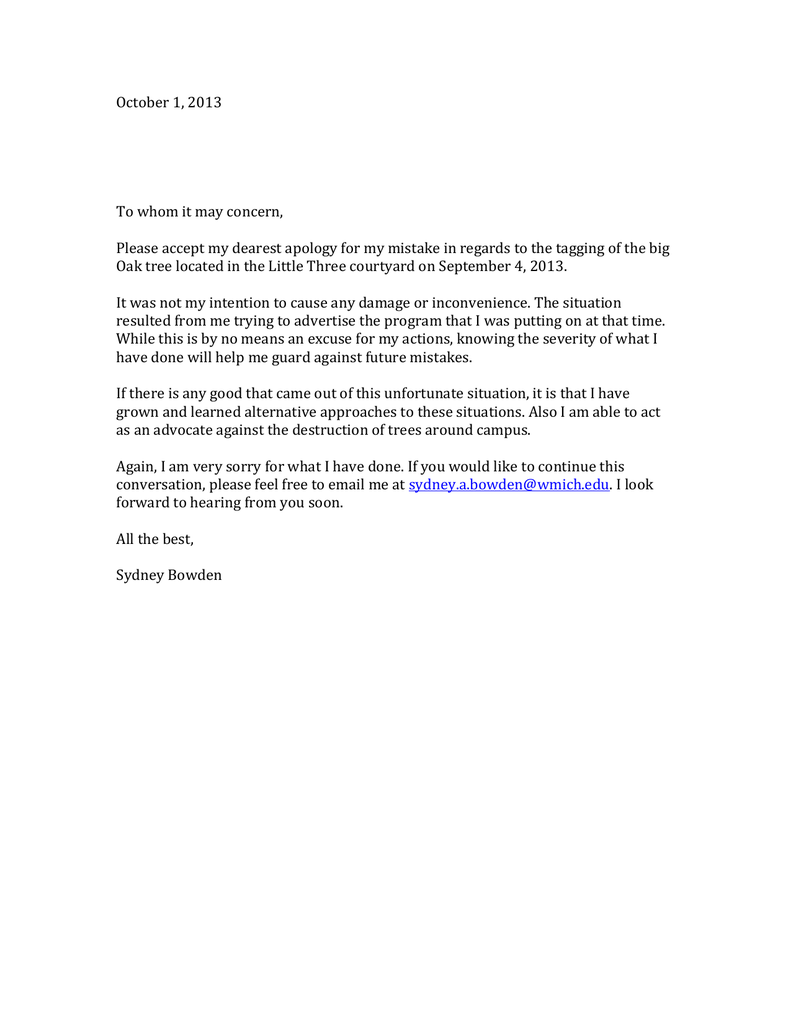

If you know that the person prefers one over the others (you see "Please contact Miss Jennifer Morgan for more information" or something similar), use that. The safest bet is to use "Ms.", as it doesn't imply a married or single status. If you're not sure, you can try to find out more information (see methods below) or choose some other form of address.įor women/femmes, be aware of whether you use Miss, Mrs, or Ms. Just make sure you know how that person identifies so you can use the proper title. If you know the person's name, you have a couple options when addressing them. Until you've established a bit of a rapport with this person, keep it polite and basic. You should probably avoid any language that's too familiar or where your meaning could be misconstrued (see the "Hey babe" above). So what do you say? Well, you can usually count on "Dear " (or any of the other options below if you don't know their name) - it's formal but not stuffy, and it's a pretty widely-accepted way of starting a written communication (at least in the States). So you probably wouldn't start a letter with "Hey babe, what's up?" Even if you know their name, it's not like you're buddies - yet.

When you're communicating with someone you don't know, you should put some thought into how you address them. This may seem obvious, but there are a few things to consider. How to Address a Letter in the First Placeįirst of all, it helps to know how exactly to start your letter in the first place. when it actually is acceptable to use "To Whom It May Concern"Īlright - let's do this.how you can discover someone's name if you really want to personalize your letter.




 0 kommentar(er)
0 kommentar(er)
